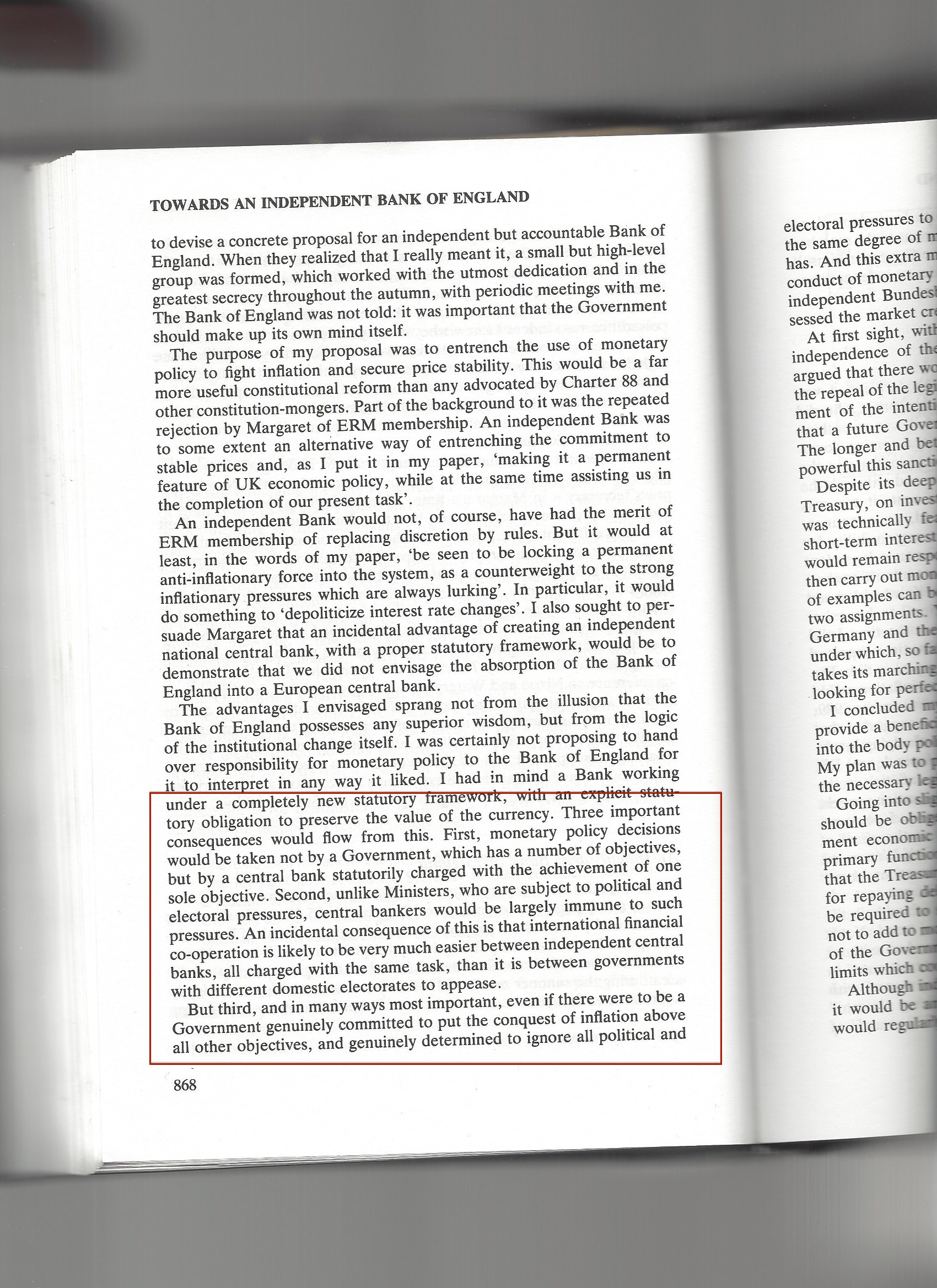Mariana Mazzucato’s The Value of Everything: Making and Taking in the Global Economy was my Bank Holiday weekend reading. I’m entirely sympathetic to her underlying argument that a well-functioning and growing economy requires both state and market institutions to be effective; and that the opposition between the meddling state and the ‘free’ market is a bogus dichotomy. While some on the political right still see state and market as inevitably in opposition, the tide of opinion has surely decisively turned against this high-1980s trope? After all, in the UK the Conservatives too see the need for an industrial strategy, with a clear role for the government in investing and co-ordinating.
The book has four stages. The first is a summary of the history of economic thought concerning the creation of value in the economy, from mercantilism through the physiocrats to the classical economists (Smith and Marx) and then the marginalist revolution and neoclassical economics. The importance of the final step, Robbins and positivism, gets a mention but is underplayed perhaps. This section sets the scene for arguing that there is nothing inevitable about our current framing of what creates economic value.
The second stage is a summary of the history of the development of GDP as the measure of economic progress, including the treatment of finance in the national accounts. This is all well-known to me for obvious reasons, but I think also to others, given there have been a dozen or so books about economic measurement/GDP in the past few years (including mine, and most recently David Pilling with The Growth Delusion (2018)). Mazzucato makes great play of the way the definition of the financial sector has become ever more expansive to make finance look increasingly important to the economy; the authoritative work on this, including the now-notorious ‘FISIM’ definition, is Banking Across Boundaries (2013) by Brett Christophers. Mazzucato then segues into a section on the financialisation of the economy, including the pernicious effects of the ‘shareholder value’ doctrine and stock option schemes for executives.
Finally, she reprises her arguments in The Entrepreneurial State about the role of the state in innovation, the need for taxpayers to get a bigger share in the returns, and a wider riff about the growth of monopoly rents due to excessive intellectual property protection (Exhibit A is the pharmaceutical industry) and market power (the digital giants). In these contexts, she argues, more state intervention would make markets work better. In an echo of the wider debate about economic institutions, she argues that the Anglo-Saxon structures have become extractive or exploitative, rather than value-creating. I was briefly excited by her use of the term ‘public value’, with the BBC as an example; but she does not reference the political science literature on public value or that the BBC actually implemented formal public value processes. The book instead links the term to Elinor Ostrom’s work on collective decisions (wonderful as it is).
I have a few quibbles. For example, Mazzucato several times refers to GDP as a measure of legal marketed activities; the formal definition now includes illegal marketed activities. It would have reinforced her argument had she pointed out the absurdity of GDP including prostitution while excluding childcare in the home. I found aspects of her description of the production boundary confusing (and it features prominently through the book as an expository device), no doubt because my mind is shaped by the current formal definition in the SNA. This is GDP-nerd territory.
Overall, The Value of Everything is a powerful contribution to the public debate about the kind of economy and society we want. The argument that the political/financial system has become exploitative will strike a chord with many readers. Mazzucato does not give practical policy advice here. But I’m sure this book by such an influential economist will have a big impact in contributing to the shaping of a different, and more productive, climate of opinion about government and markets.
[amazon_link asins=’0241188814′ template=’ProductAd’ store=’enlighteconom-21′ marketplace=’UK’ link_id=’ffbab14a-5295-11e8-8c1c-d7d6c360dce4′]



